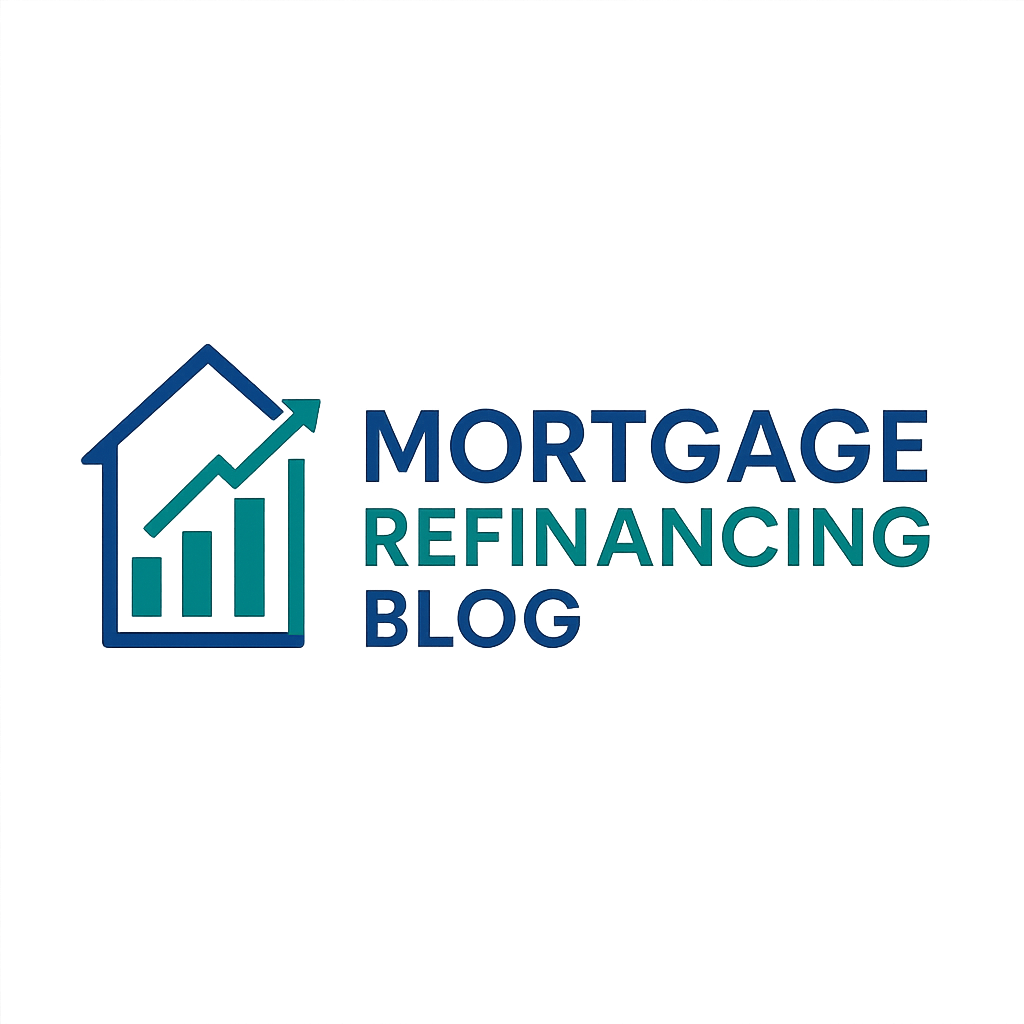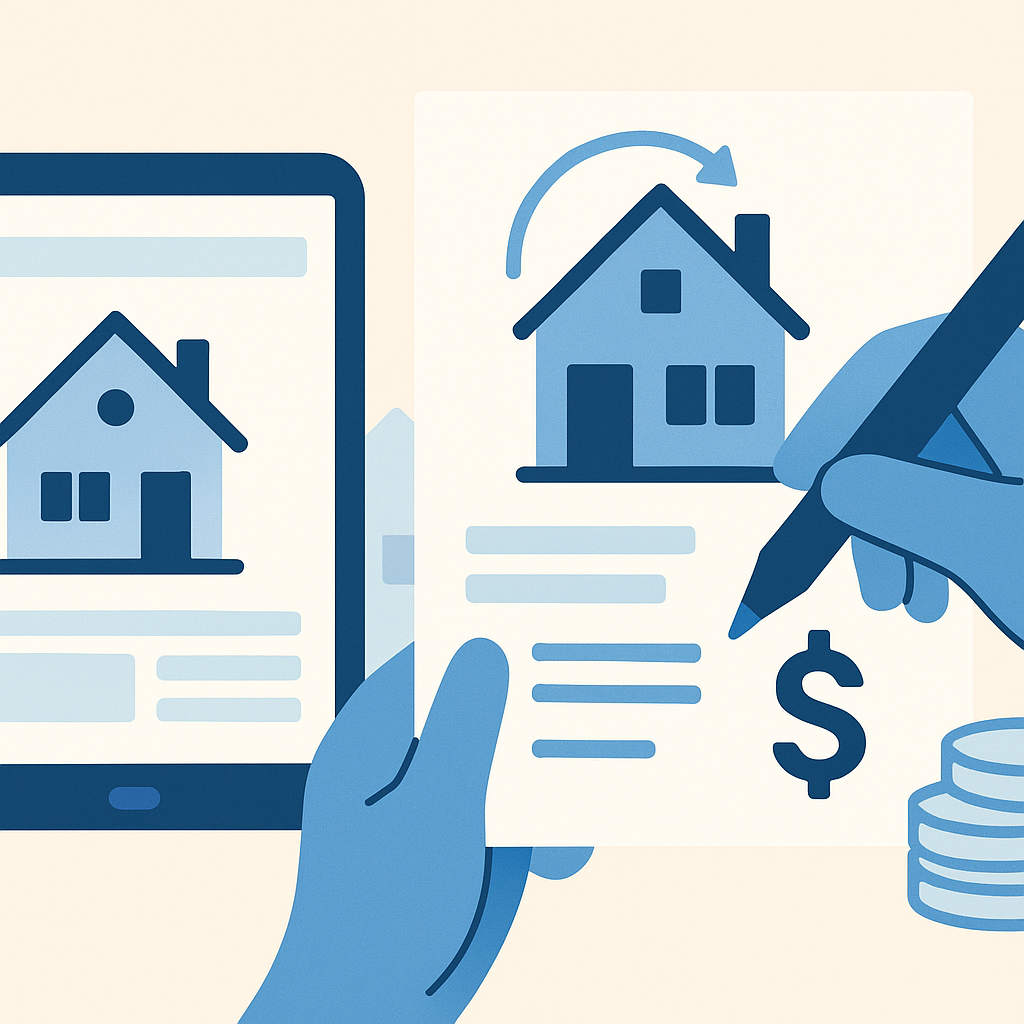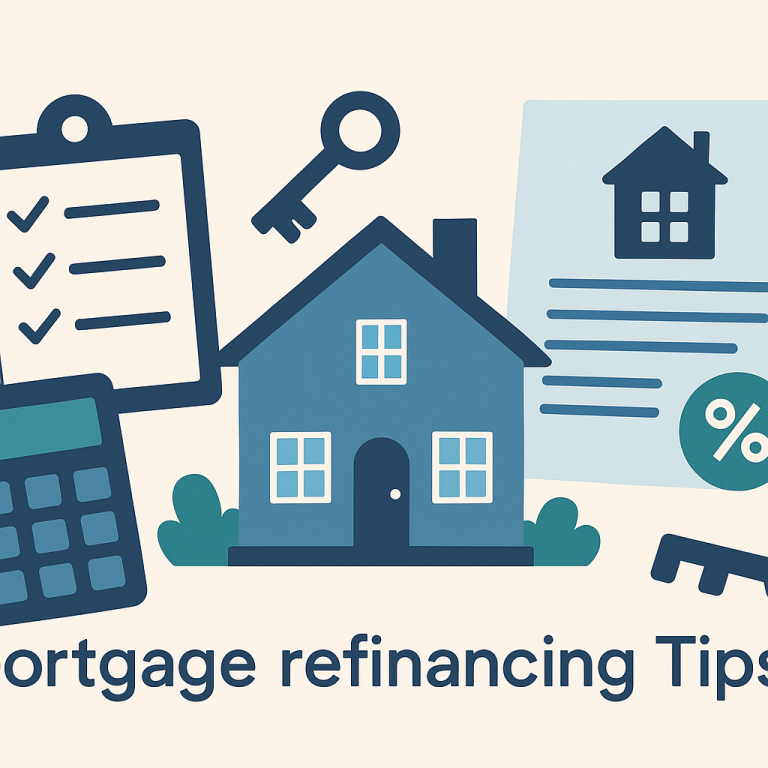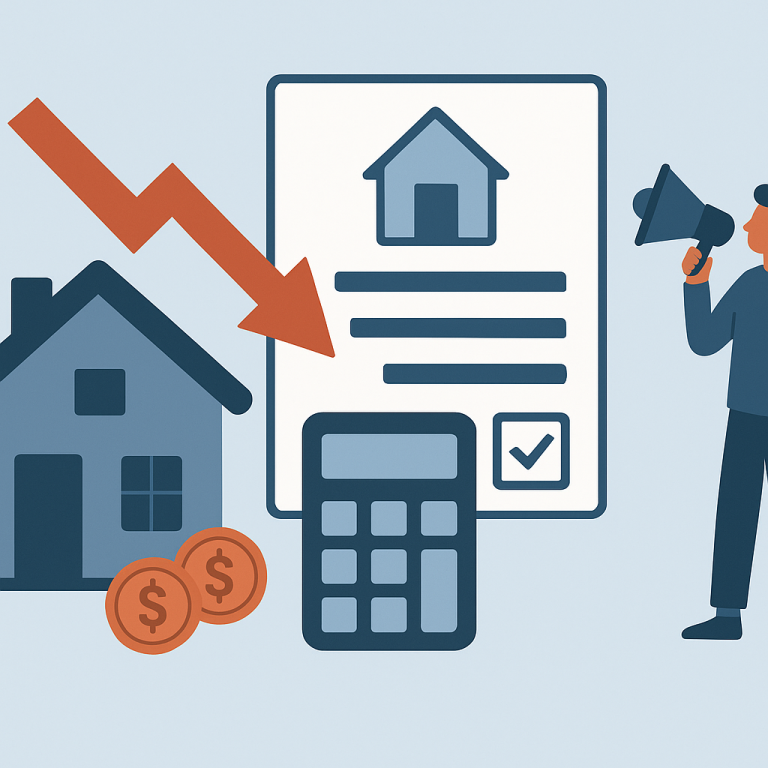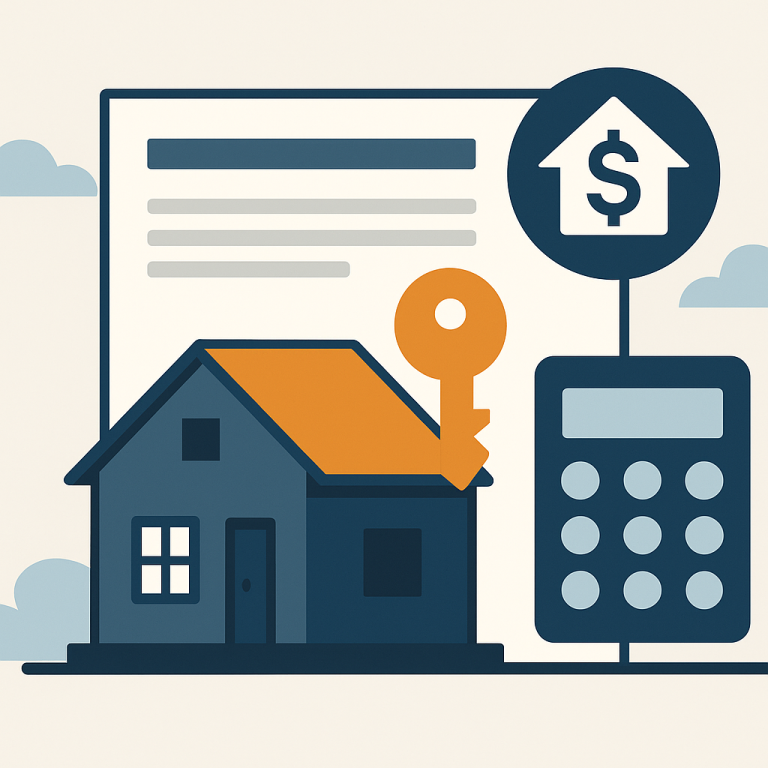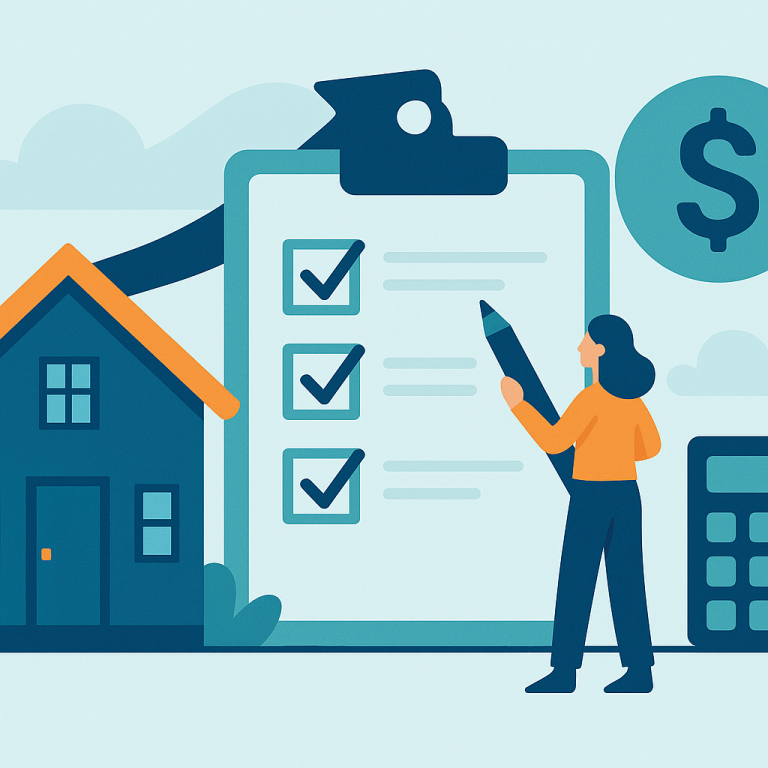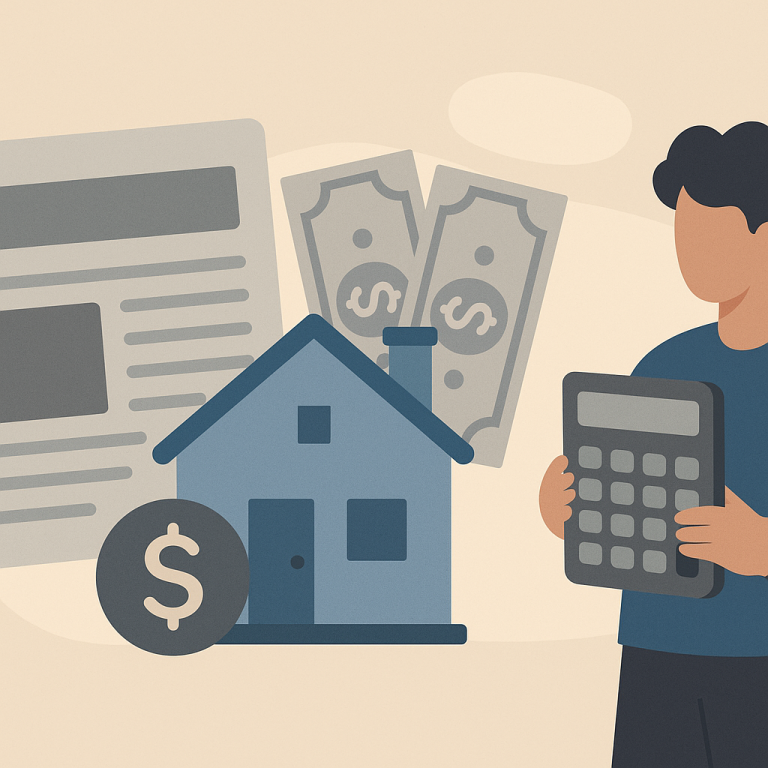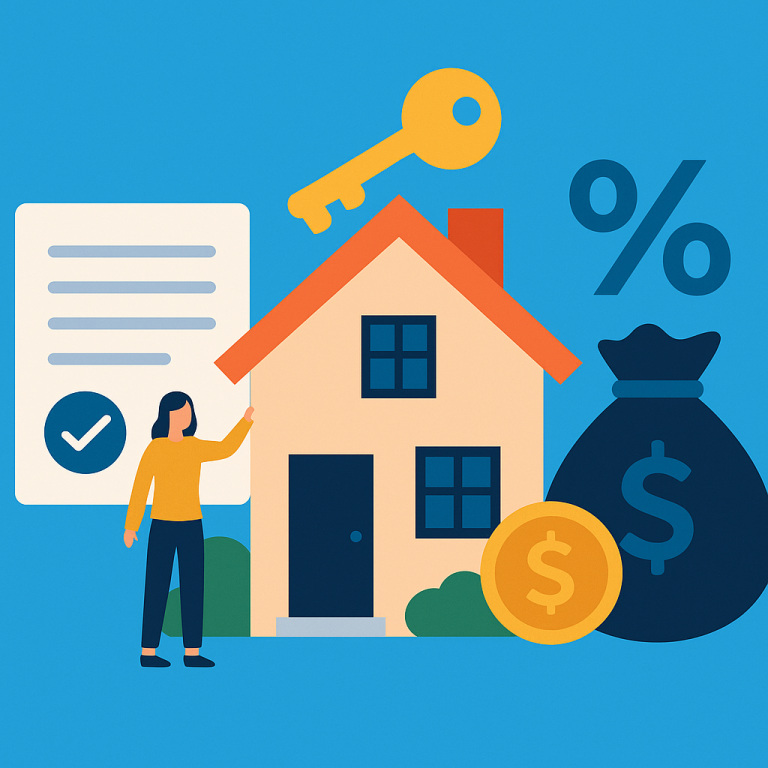Major Lenders Cut Refinance Fees, Slashing Typical Closing Costs By Up To $1,500
At a glance: Higher refinance fees and closing costs and how it could affect refinancing decisions.
Lenders have raised refinance origination fees, pushing up closing costs and lengthening breakeven timelines for many borrowers.
What Higher Refinance Fees Mean for Borrowers
Mortgage markets have shown modest easing in recent trading, creating a narrow opportunity for certain homeowners to refinance. While rates remain above the period of the lowest pandemic-era levels, the recent moderation has prompted lenders to refresh offers and borrowers to reassess their options. The most compelling prospects for refinancing are homeowners seeking to shorten loan terms or lock a variable-rate mortgage into a fixed-rate product.
Refinancing benefits are no longer limited to chasing the very lowest headline rates. After a period of volatility, lenders are increasingly packaging a range of rate-and-term options and targeted incentives for applicants with strong credit profiles and meaningful equity. This shift has produced a practical opening for homeowners who prioritized monthly payment predictability or long-term interest savings over immediate cash-out proceeds.
Among the most pronounced trends: interest-rate adjustments and lender flexibility are making term-reduction refinances more attractive. Homeowners on longer-term loans who can afford slightly higher monthly payments may lower their total interest expense by moving to a shorter amortization period, particularly when the spread between long and short-term mortgage offerings tightens. Similarly, owners with adjustable-rate mortgages facing potential future resets are evaluating conversions to fixed-rate loans to reduce uncertainty.
That said, refinancing is not universally advantageous. Closing costs, loan fees and the time required to recoup those upfront expenses through monthly savings remain key considerations. For many borrowers, the decision hinges on how long they expect to remain in the home, current loan balance relative to property value, and their credit profile. Lender underwriting standards and program availability can also vary, especially for nonconforming loans or borrowers with complex income documentation.
Mortgage product innovation has also influenced homeowner decisions. Some lenders are offering more flexible rate-lock periods and streamlined paperwork for qualified applicants, and a subset of programs target debt consolidation or help convert home equity into liquidity without a full cash-out refinance. These options can be useful for homeowners with pressing financial goals but should be weighed against long-term costs and tax considerations.
Experts recommend that homeowners gather multiple loan estimates to compare true costs and savings across lenders. Comparing only the headline interest rate can be misleading; the effective savings picture includes fees, the new loan term, and any prepayment penalties. Timing matters too: rate moves can be swift, and the optimal window for one homeowner may have passed for another depending on individual circumstances.
Homeowner Takeaways
- Evaluate goals first: prioritize whether you want lower monthly payments, a shorter loan term, or rate stability before starting the process.
- Run the numbers: calculate the break-even point by factoring in closing costs and how long you plan to stay in the home.
- Shop multiple lenders: compare loan estimates and request details on fees, rate locks and underwriting requirements.
- Consider switching from adjustable to fixed: homeowners with ARMs facing upcoming resets may gain value from locking in a fixed rate.
- Mind equity and credit: stronger equity and higher credit scores typically yield better refinance options; limited equity can restrict choices.
For homeowners contemplating a refinance, the current market presents a selective opportunity rather than a universal incentive. A careful review of personal finances, clear refinancing goals and comparison shopping will determine whether the recent rate softening translates into meaningful savings.
META: refinancing opportunity, rate softening, homeowner takeaways
